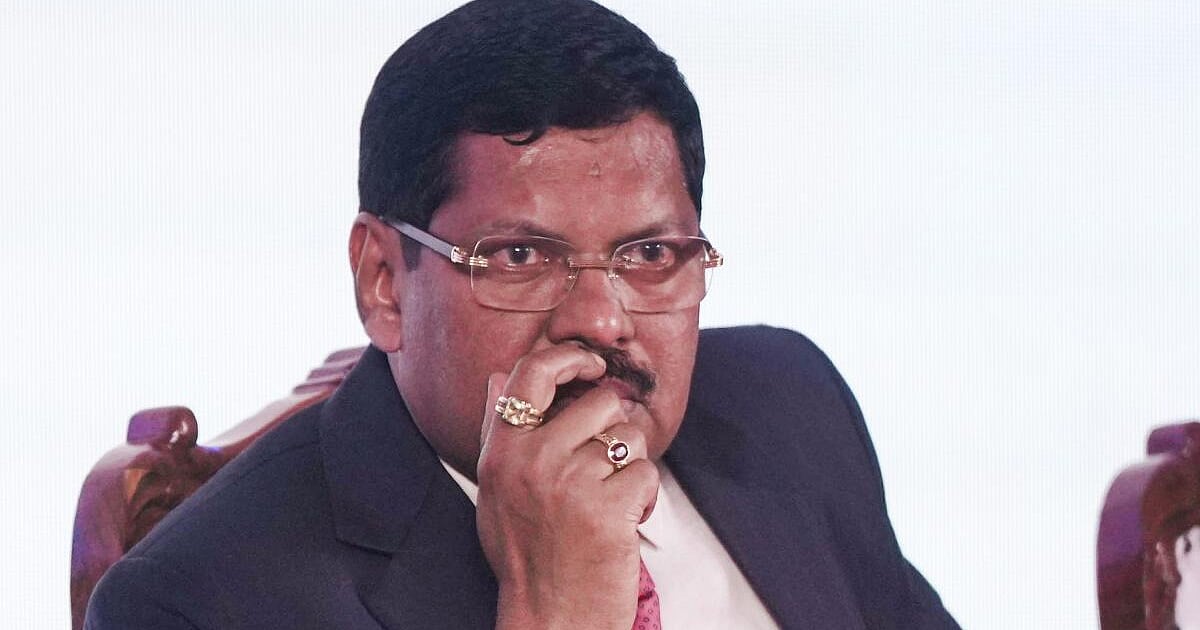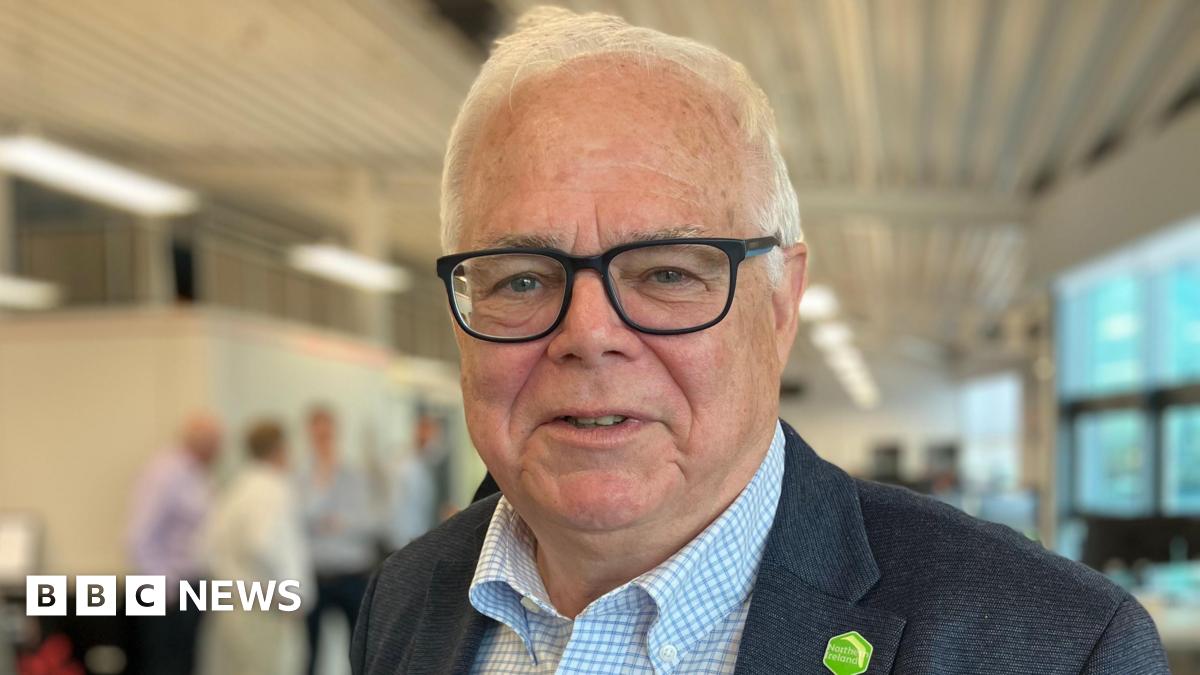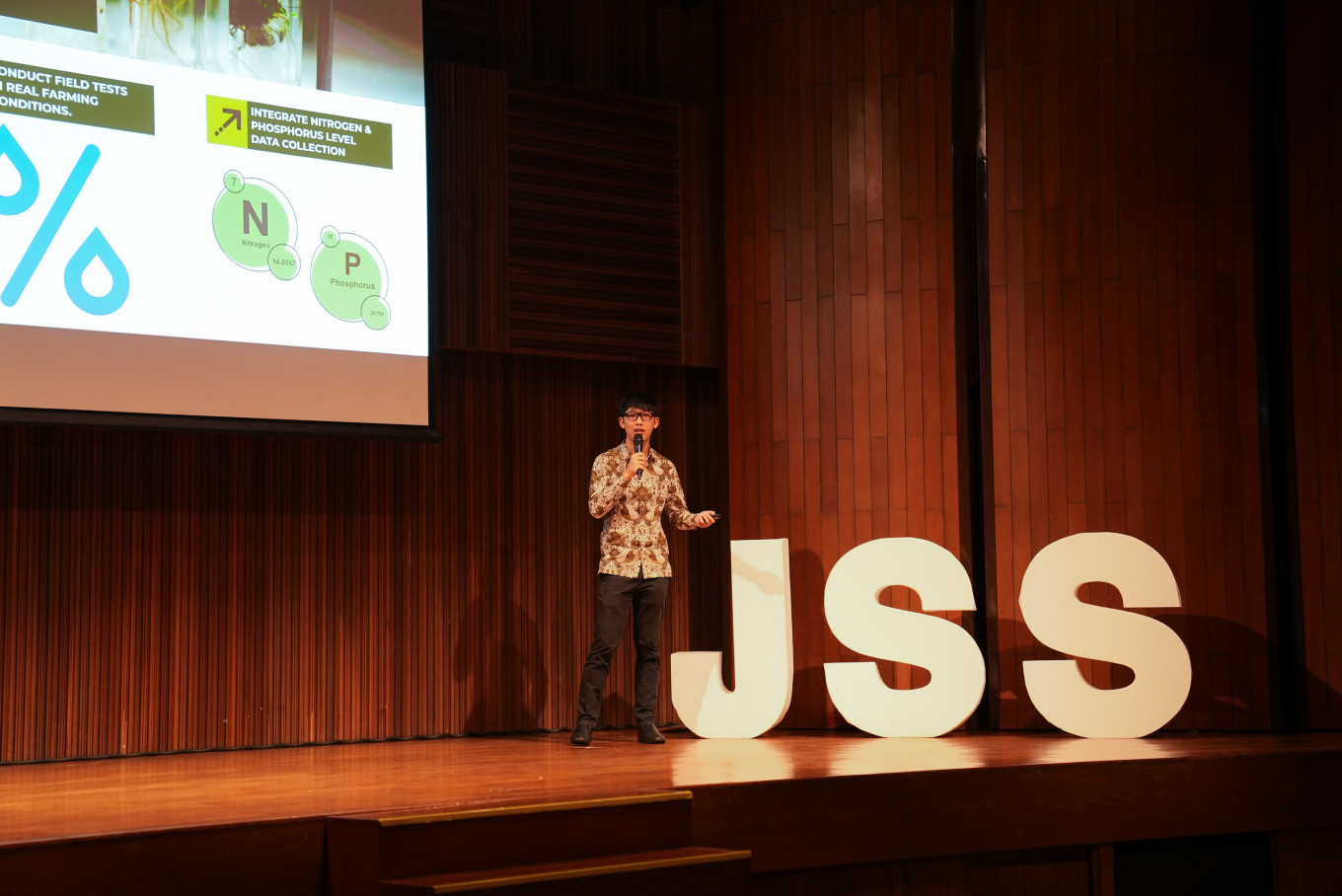Tech Shouldn't Steer Justice: SA's Chief Justice Warns of Eroding Public Trust

The Chief Justice’s concerns stem from a growing trend of courts increasingly utilizing AI, algorithms, and automated systems for tasks ranging from case management to potentially even assisting in legal decision-making. While these advancements promise efficiency and cost savings, Justice Gavai argues they also carry the risk of dehumanizing the judicial process and creating a perception of impartiality and coldness.
“The courts are not simply about applying rules and regulations; they are about resolving disputes, understanding human circumstances, and delivering justice with compassion,” Justice Gavai stated. “If we allow technology to become the primary driver, we risk losing sight of this fundamental purpose and alienating the very people we are meant to serve.”
The warning comes at a time when South Africa’s judiciary is under increasing scrutiny, facing challenges related to backlogs, delays, and perceptions of bias. Justice Gavai’s message underscores the importance of maintaining public confidence in the courts and ensuring that the system is seen as fair, accessible, and responsive to the needs of all citizens.
He highlighted the crucial role of judges and legal professionals in interpreting the law and applying it with nuance and discretion. “Technology can be a valuable tool, but it should be used to *assist* human judgment, not to *replace* it,” he explained. “The human element – the ability to understand context, consider mitigating factors, and exercise empathy – remains indispensable to achieving true justice.”
Justice Gavai’s call for a balanced approach resonates with legal experts who acknowledge the potential of technology to improve the efficiency of the courts but caution against its uncritical adoption. They emphasize the need for robust ethical guidelines and oversight mechanisms to ensure that technology is used responsibly and does not perpetuate existing inequalities or create new forms of bias.
The Chief Justice’s remarks are expected to spark a national conversation about the future of the justice system in South Africa and the role of technology in shaping its evolution. It's a timely reminder that while embracing innovation is essential, preserving the human heart of justice remains paramount for maintaining public trust and upholding the rule of law.
The South African legal community now faces the challenge of navigating this complex terrain, harnessing the power of technology while safeguarding the fundamental principles of fairness, empathy, and human judgment that are the cornerstones of a just society. The debate will undoubtedly continue as South Africa seeks to modernize its justice system while remaining true to its core values.






